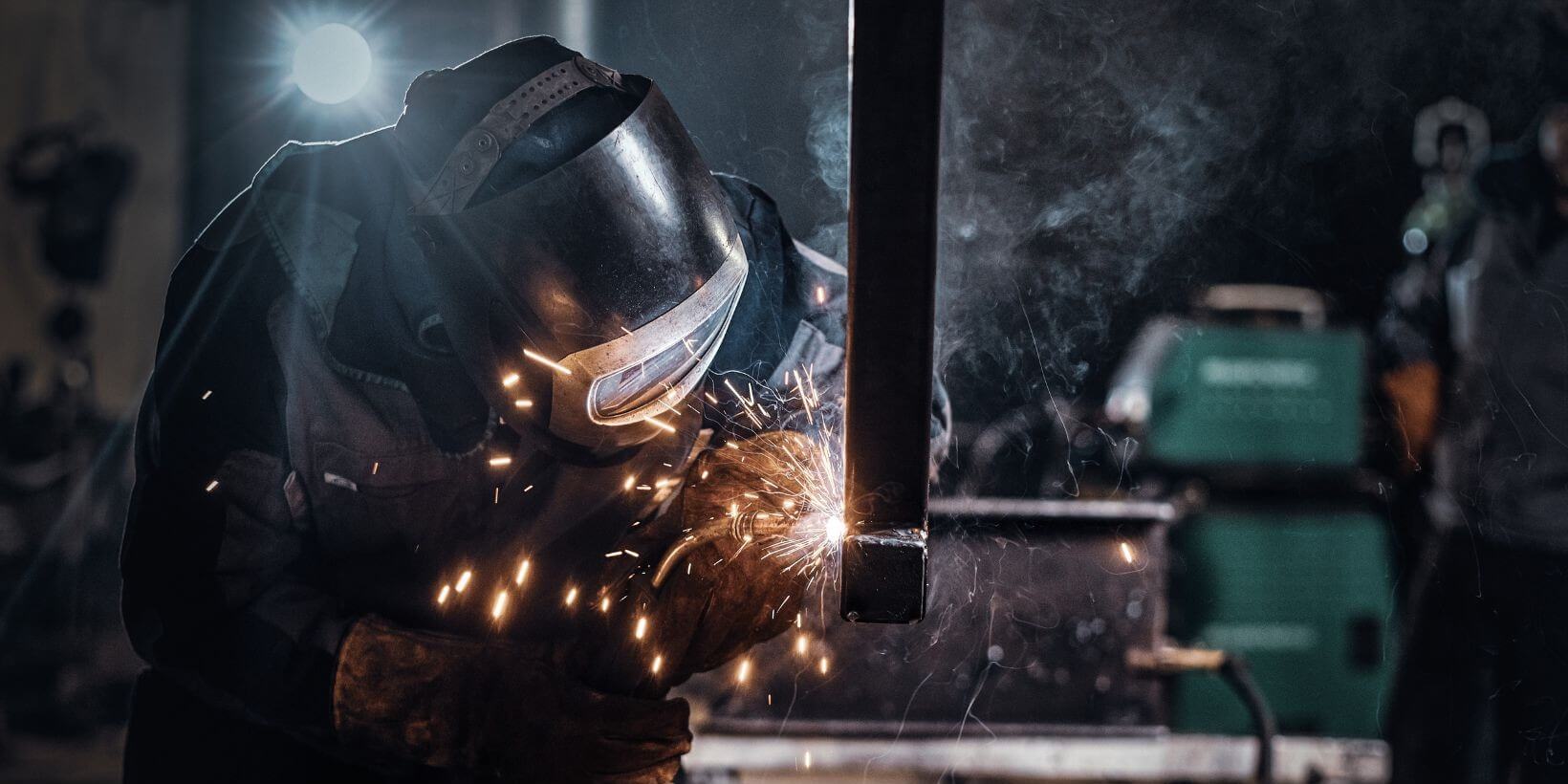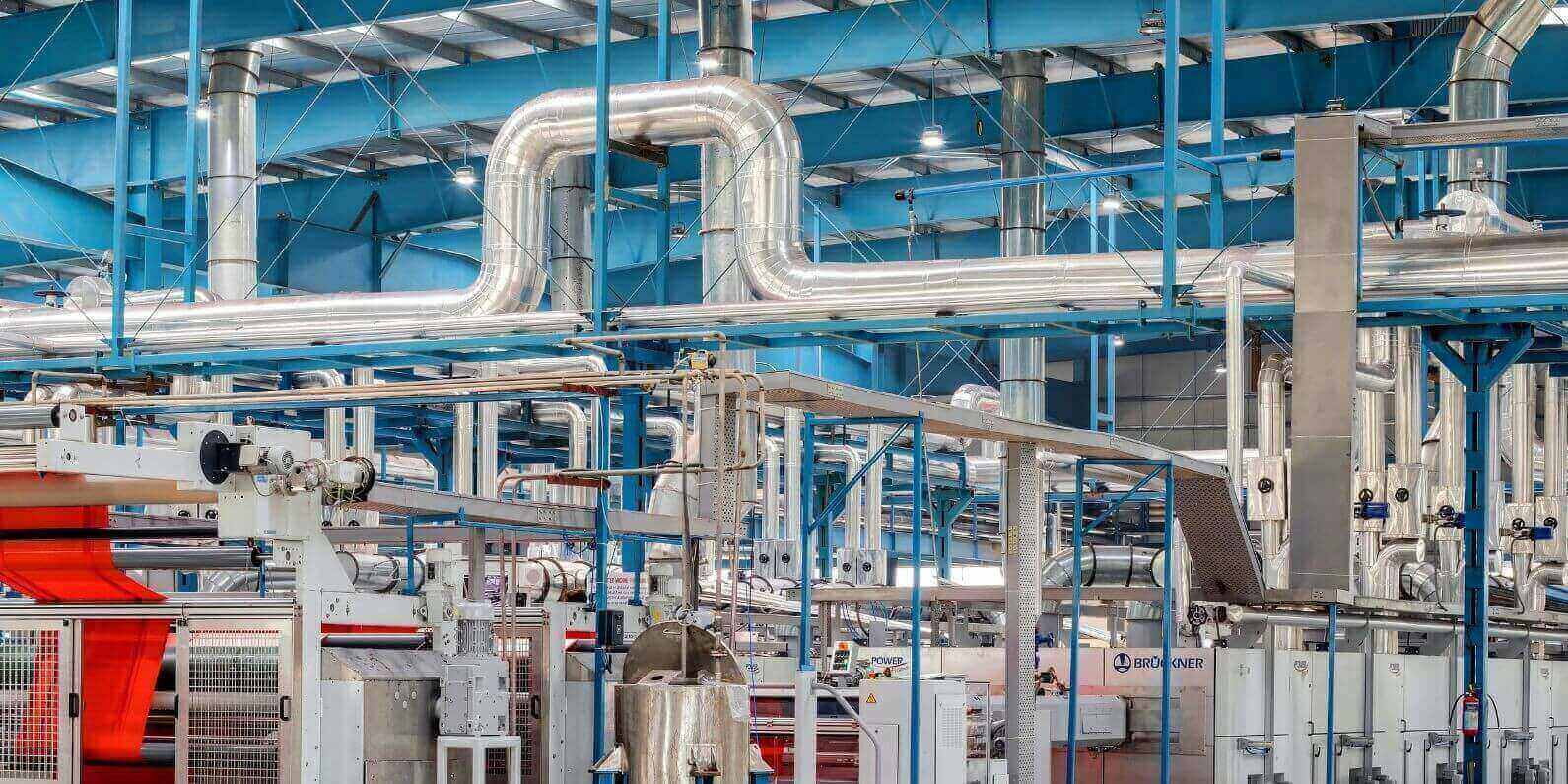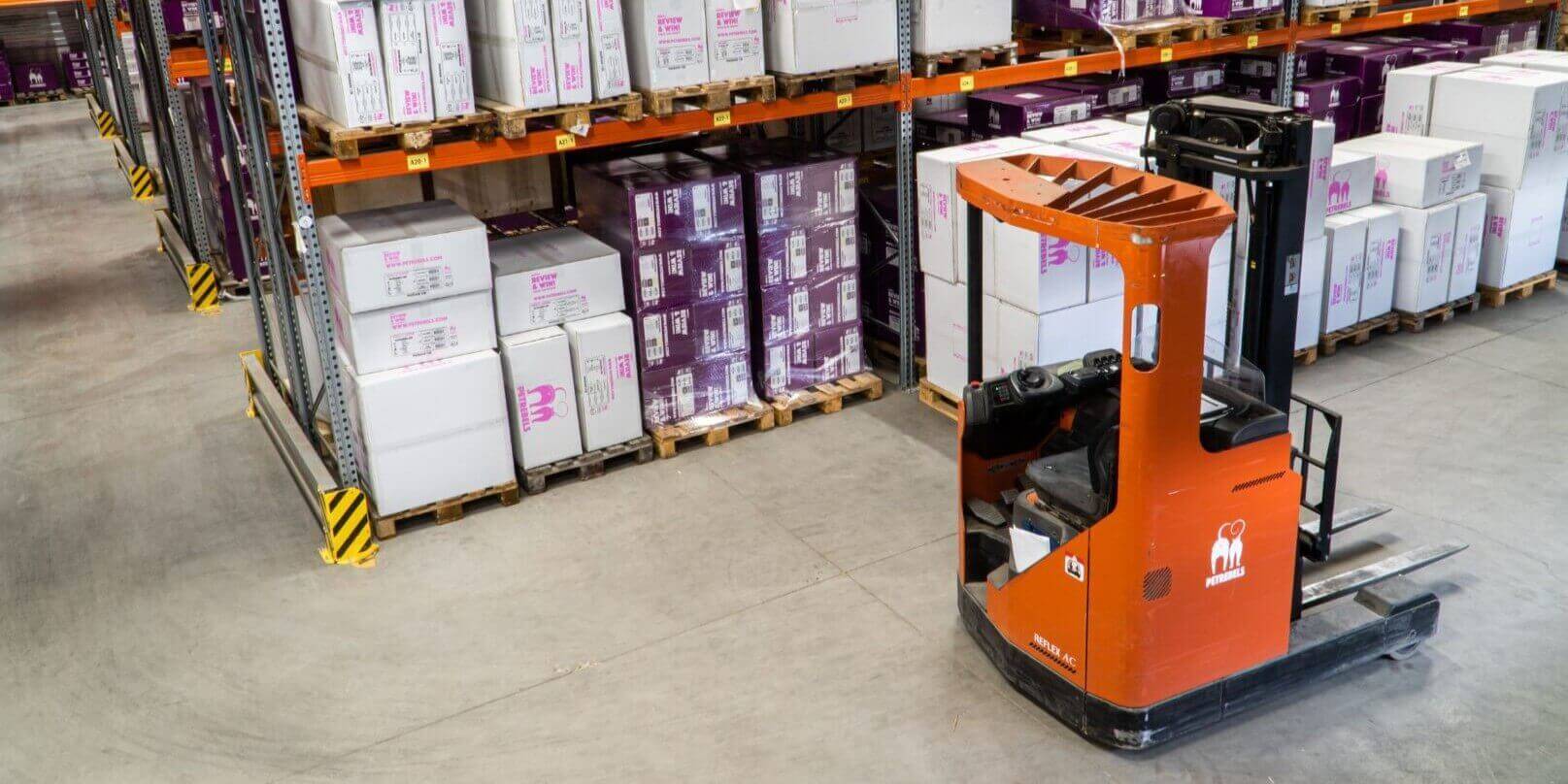ERP in Metalworking Industry: How to Optimise Inventories and Costs?

The metalworking and metallurgical industry is facing a highly competitive scenario, with challenges such as inventory control, customised project management, regulatory compliance and process digitalisation.
A specialised ERP for metalworking is not simply a management software: it is the foundation for achieving operational efficiency, cost reduction, and a lasting competitive advantage in the global market.
What is an ERP for the metalworking industry?
A metal-mechanical ERP is an enterprise resource planning software tailored to the manufacturing sector of machinery, metal parts and complex industrial projects.
It differs from a generic ERP in that it includes specific functionalities such as:
- Advanced metallurgical inventory management (raw materials, steel, intermediate parts).
- Production costs per project with allocation of materials and labour.
- Integration with CAD and MES to connect design and manufacturing in real time.
- Quality management with batch-to-batch traceability.
- Preventive maintenance of machinery to improve OEE.
Current challenges in the metalworking industry and how ERP solves them
|
Industry challenge |
Common problem |
How ERP for Metalworking Helps |
|
Complex inventories. |
Overstocking and lack of traceability. |
Advanced warehouse management with batches and series. |
|
Cost control. |
Deviations in customised projects. |
Real-time allocation of materials, hours and machines. |
|
Regulatory compliance. |
Slow and manual audits. |
Automatic reports with ISO, UNE, EU regulations. |
|
Productivity. |
Unplanned shutdowns. |
Maintenance planning + integrated OEE. |
|
Digitalization. |
Dependence on Excel and manual processes. |
ERP connected with CAD, MES and IoT for Industry 4.0. |
Key benefits of a metalworking ERP
- Total inventory control
- Reduce obsolete stock by up to 25%.
- Optimise purchasing and supplier management
- Ensure full traceability from raw material to finished product.
- Project cost reduction
- Automatic allocation of hours, materials and energy.
- Early detection of budget deviations.
- Higher ROI on industrial projects.
- Improved OEE and plant maintenance
- Real-time OEE monitoring.
- Integrated preventive and predictive maintenance.
- Connection with IoT sensors to prevent unexpected shutdowns
- Business Intelligence for the metallurgical industry
- Custom dashboards by project, client, or machine.
- Real-time KPIs for managers and financial directors.
- Smarter, data-driven decision making.
Challenges in ERP implementation for the metalworking industry
- Cultural resistance to change: overcome through progressive training and continuous support.
- Initial costs: offset by ROI in less than 24 months.
- Integration with existing systems: the key is to choose a flexible ERP with open APIs.
The adoption of a specialised ERP for the metalworking industry is today the key to meet the challenges of the sector: complex inventories, customised projects, digitisation and regulatory requirements. A metalworking ERP not only improves cost and inventory management but also boosts competitiveness and accelerates the path to Industry 4.0.
Do you want to optimise inventories and costs per project in your metalworking company?
Request a free demo of ERP Next and discover how to digitise your plant with specialised software.
.png?width=501&height=92&name=Overtel%20Logo%20Postivo%20(7).png)

